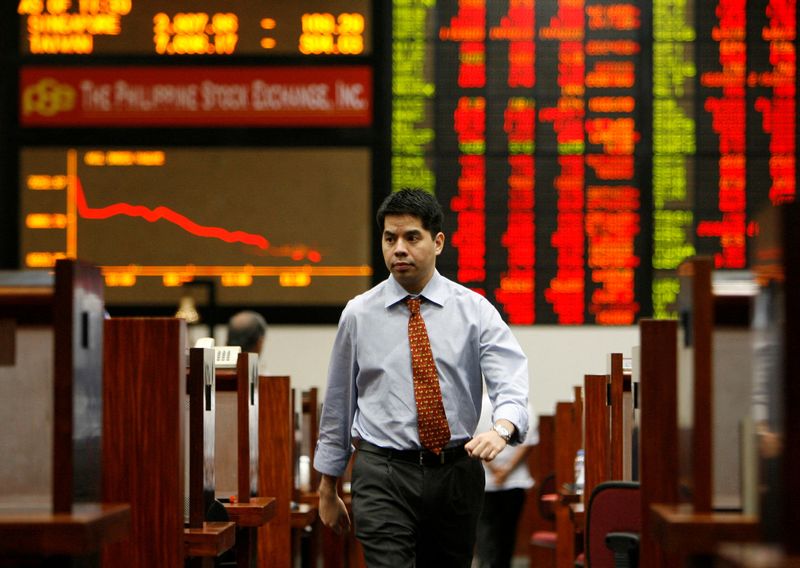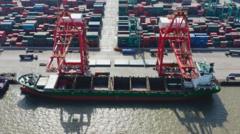Singapore Central Bank Stands Pat as Economy Shows Resilience, But Risks Loom
NeutralFinancial Markets

The Monetary Authority of Singapore has decided to maintain its current monetary policy, reflecting a cautious optimism about the economy's resilience despite potential risks from tariffs and inflation. This decision is significant as it indicates confidence in the country's economic growth while acknowledging the challenges that could impact future stability.
— Curated by the World Pulse Now AI Editorial System















